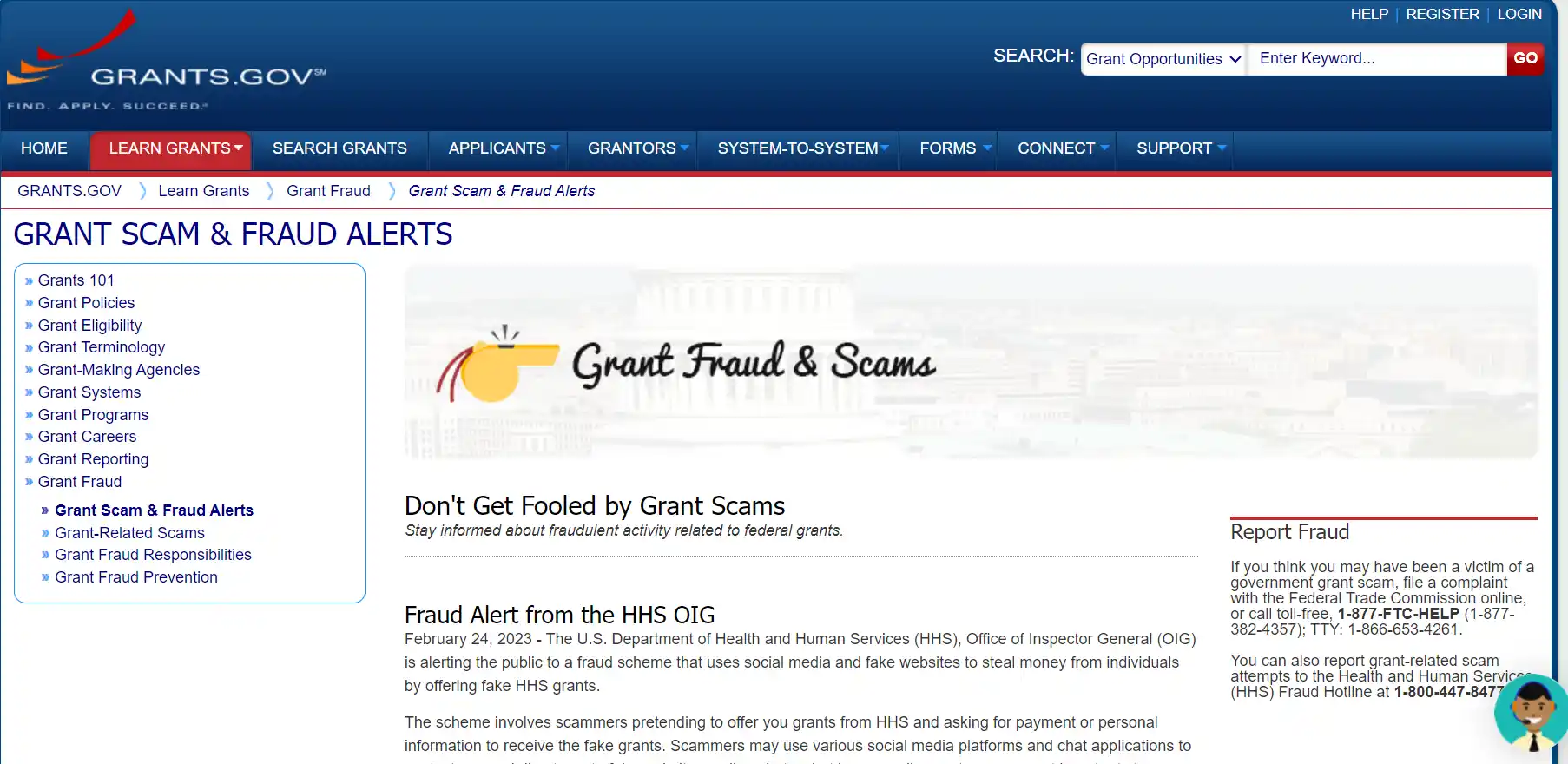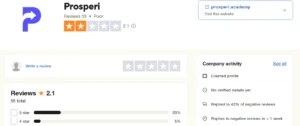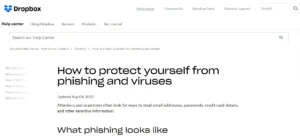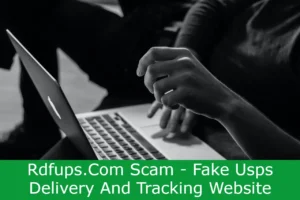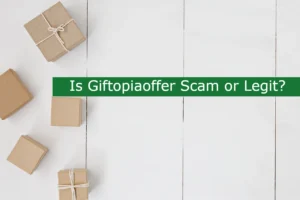Grant Aid Authority Scam – Grant scams pose a significant threat to individuals’ finances and personal information, making it crucial to be aware of their tactics and how to avoid them. Scammers often disguise themselves as government agencies or use official-sounding names to deceive their victims.
They target potential victims through social media platforms, particularly Facebook, and may request sensitive information such as bank account details or Social Security numbers.
To identify grant scams, individuals should be cautious of red-flag phrases and avoid promises of eligibility without an application or requests for fees.
It is essential to apply for grants through official channels and research the legitimacy of grant offers and agencies. Government websites and the Better Business Bureau can provide valuable information on reported grant scams.
If one falls victim to a scam, contacting relevant authorities and taking immediate action is crucial. By staying alert and cautious, individuals can protect themselves from the financial loss and identity theft associated with grant scams.
Table of Contents
What is a Grant Scam?
Grant scams are fraudulent schemes that aim to deceive individuals by posing as government agencies or official-sounding organizations, with the intention of obtaining personal information or financial gain. These scams often target vulnerable individuals who are seeking financial assistance or grants for various purposes.
Common targets of grant scams include small business owners, students looking for educational funding, and individuals in need of housing or healthcare support. Scammers may contact potential victims through social media platforms, phone calls, or emails, using persuasive tactics to convince them of their legitimacy.
It is important to be cautious and skeptical when approached with offers of grants, especially if they require personal information or upfront fees. If you suspect a grant scam, it is essential to report it to state attorney generals, government websites, or organizations like the Better Business Bureau.
Common Scammer Tactics
Common scammer tactics often involve impersonating government agencies or using official-sounding names to deceive victims.
Scammers are skilled at manipulating their victims by exploiting their trust in authoritative organizations. They employ various techniques to carry out their fraudulent activities, with social media platforms being a common tool for targeting potential victims.
These platforms, particularly Facebook, provide scammers with a wide reach to lure unsuspecting individuals into their schemes.
To appear legitimate, scammers may create fake profiles or pages that mimic government agencies or grant-giving organizations. They use these platforms to initiate contact with potential victims and gain their trust.
Additionally, scammers may use sophisticated techniques to create official-looking documents or websites, further deceiving their targets. It is crucial for individuals to exercise caution and verify the authenticity of any grant offers or agencies before sharing personal information or making financial transactions.
Signs of a Scam
One indication of a scam is when scammers use official-sounding names or pose as government agencies to deceive their victims.
Grant scammers often employ this tactic to gain the trust of potential victims. They may use names that sound similar to legitimate government organizations or claim to be affiliated with well-known grant programs.
Scammers also target victims through social media platforms, especially Facebook, where they can easily reach a large audience. They may create fake profiles or join groups related to grants to establish credibility.
To spot a grant scam, it is important to be cautious of unsolicited offers or requests for personal information, such as bank account details or Social Security numbers. It is advisable to apply for grants through official channels, such as grants.gov, and research the legitimacy of grant offers and agencies.
Staying informed and vigilant can help protect against falling victim to grant scams.
Official Channels for Grants
Official channels for grants can provide a reliable and legitimate source for individuals seeking funding opportunities. Finding legitimate grants can be a daunting task, but utilizing official channels can help individuals avoid falling victim to grant scams.
These channels include grants.gov, a website that serves as a central hub for federal grants. It provides a comprehensive list of available grants and allows users to search for opportunities based on their specific needs.
Additionally, state and local government websites often have sections dedicated to grants, providing valuable information and resources.
It is important to note that grants are not awarded based on personal connections or affiliations, contrary to common misconceptions about grants.
By utilizing official channels, individuals can ensure they are accessing legitimate funding opportunities and avoid falling prey to scams.
Grant Aid Authority Scam – Researching Legitimacy
To ensure the validity of grant offers and agencies, conducting thorough research is essential. Researching grant offers involves verifying the legitimacy of the organization offering the grant and the requirements for eligibility.
One way to identify red flags is to check if the grant offer comes through official channels, such as grants.gov, which is the official website for federal grants.
Additionally, it is crucial to investigate the organization itself by visiting its website, reading reviews, and checking if they have a physical address and contact information. Government websites and the Better Business Bureau can also provide information on reported grant scams.
Furthermore, it is advisable to search for any news or alerts related to the organization or grant offer.
By diligently researching grant offers and agencies, individuals can protect themselves from falling victim to grant scams.
Actions to Take if Scammed
Moving on from the previous subtopic of researching legitimacy, it is crucial to understand the actions to take if one falls victim to a grant scam. While prevention is key, it is important to know what legal recourse is available and how to report scams.
If scammed, immediate action should be taken to mitigate the potential damage. Victims should first contact their bank to report the fraudulent activity and ensure the security of their finances. Additionally, they should contact the credit reporting bureaus to place a fraud alert on their accounts.
Reporting the scam to the Federal Trade Commission (FTC) is essential, as it helps track and combat fraudulent activities. Victims can also reach out to the FBI’s Internet Crime Center for further assistance. State attorney generals can provide guidance and support in navigating the legal aspects of the scam.
By promptly reporting scams and seeking legal recourse, victims can contribute to the collective effort in combating grant scams and protecting others from falling victim to similar schemes.
Staying Alert and Cautious
Remaining vigilant and exercising caution is vital in safeguarding oneself from potential fraudulent schemes related to grants. To protect your finances and prevent financial loss, it is important to stay alert and educated about grant scams.
Here are some key actions to take:
Stay informed: Regularly research and stay updated on the latest grant scams and techniques used by scammers. Government websites and the Better Business Bureau are reliable sources of information.
Be skeptical: Approach all grant offers with a healthy dose of skepticism. Remember that legitimate grants require an application process, and government agencies do not ask for personal information or fees upfront.
Verify legitimacy: Before providing any personal information or committing to a grant offer, thoroughly research the agency or organization offering the grant. Look for official websites, contact information, and reviews to ensure legitimacy.
Report scams: If you come across a grant scam or suspect fraudulent activity, report it to the appropriate authorities, such as state attorney generals, the Federal Trade Commission, or the FBI’s Internet Crime Center.
By staying alert and cautious, you can protect yourself from falling victim to grant scams and prevent financial loss. Education and awareness are key to avoiding these fraudulent schemes.
Also Read
Grae Cove Reviews: Legit Or Scam? Unveiling Women’s Fashion And Bedding
Naveta Barley Grass Powder Reviews: Boost Energy, Detox, And Shed Pounds!
Is Briar Travel Legit or a Scam? Briar Travel Review
Also Read
Is Adorama Legit or a Scam? Can You Trust This Camera Retailer?
My Western Outfit Review – Unveiling The Truth
Also Read
Kaninecare Dog Tooth Brush Review: The Ultimate Dental Solution!
Curvee Bodysuit Reviews: The Perfect Confidence-Boosting Shapewear!
Lady Juice Clothing Reviews: Fashion Empowerment At Its Best!
Also Read
Is Prosperi Academy Legit or a Scam? Prosperi Reviews
Is Waterparksale.com Legit or a Scam? Beware Of Waterparksale.Com
Is Tx.Lotto.Com Legit or a Scam? Experience The Excitement!
Also Read
Is Fragrancenet.com Legit or a Scam? Discover Fragrancenet Reviews
Is Designer Optics Legit? Designer Optics Reviews
Is Liclothina Legit or a Scam? A Suspicious Online Store Raising Red Flags
Also Read
Moyess Total Body Massager Reviews – Is It Worth The Hype?

